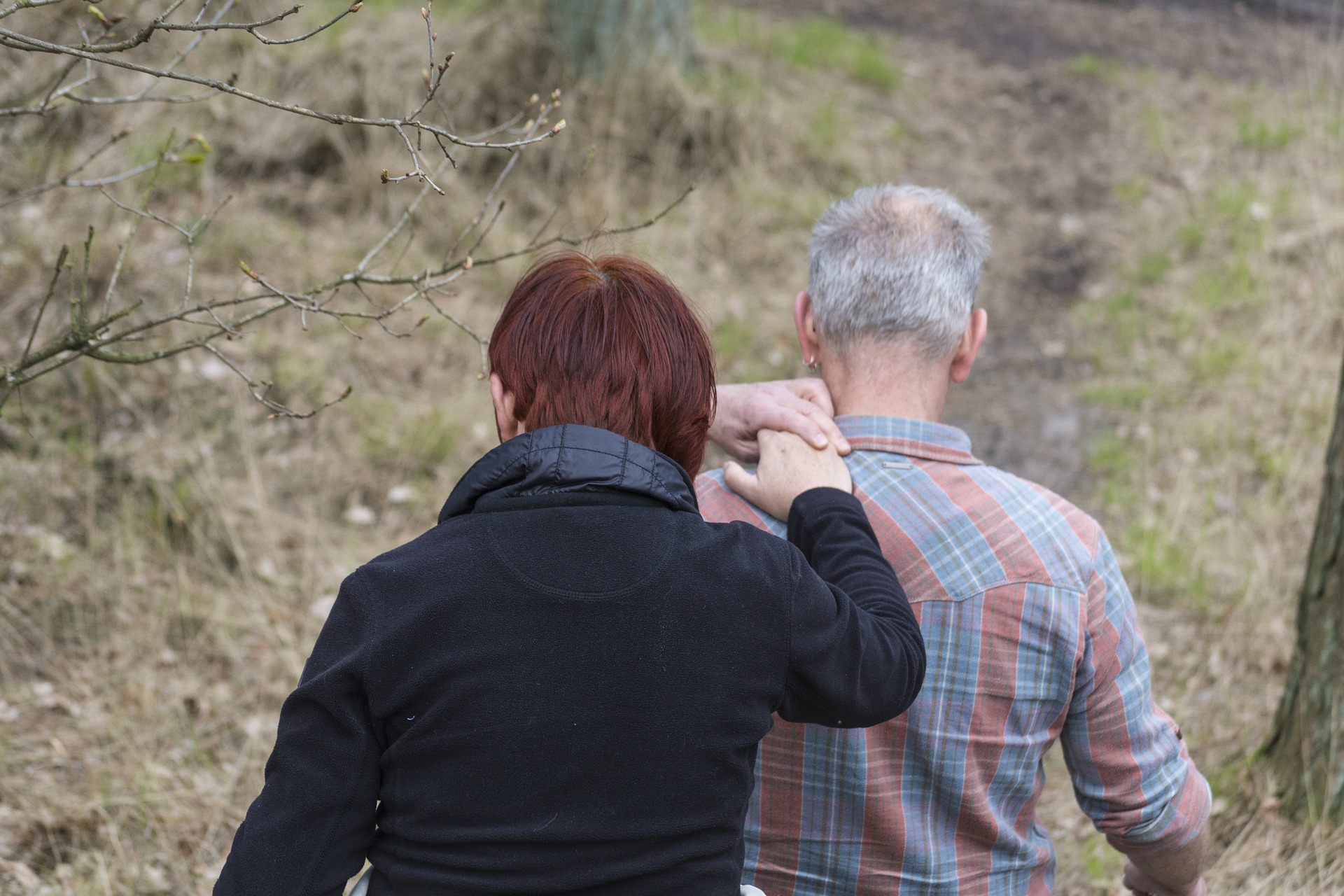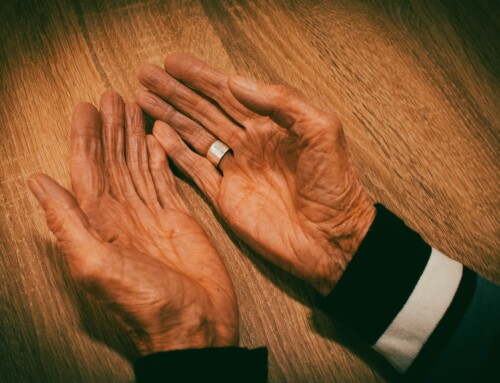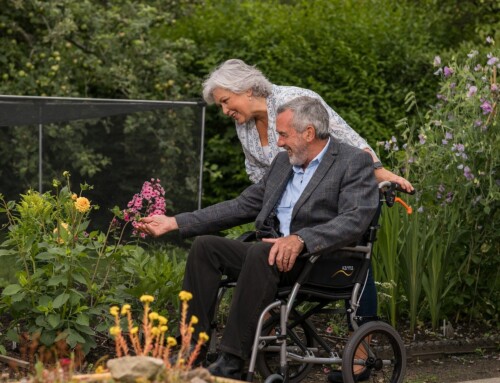The decision to be the caregiver for your aging parent is one which requires serious consideration. Many people still having their own children at home, or have a full time job – how can caregiving fit in? While you may think of caregiving as “babysitting” or watching over someone, in reality there are many caregiver responsibilities which will need to be performed every day.
A caregiver cares for the overall safety, health and well being of an individual who requires some amount of assistance performing tasks and activities each day. Your elderly parent may need a caregiver because of a medical condition, an injury which caused loss of mobility, or memory loss. Their own unique situation will determine just ow intensive the caregiving role will be. Some people merely need a ride for errands and doctor’s appointments; while others may need complex physical or emotional care.
Over the long-term, the responsibilities involved in caregiving can be challenging, and put a lot of strain on a caregiver’s personal health – both emotional or physical. It is essential to honestly consider all the factors and realities before deciding if you can personally take on homecare, or if professional help is more prudent. To help you to make the best decision for your family, we have compiled a list of the most common responsibilities of a typical caregiver.
Senior Caregiver Responsibilities
- Establish a Daily Care Plan: When you initially begin caregiving, having a documented plan that identifies needs and goals will assist in evaluating how many hours will be required from the caregiver, and whether they should ask others for scheduled breaks and relief. This plan should be reassessed often in order to determine if it is effective and beneficial for both the senior and the caregiver.
- Assess Medical Needs: Evaluating your loved one’s overall health is an critical responsibility. Caregivers generally track medical appointments, take on medication management and notate chronic pain levels. An honest and in-depth dialogue with their physician is necessary before taking on the role; ongoing communication is key.
- Offer Companionship: One of the most important aspects caregiving is often overlooked. While keeping them well and safe is a top priority, seniors can experience loneliness to the point of serious depression. Establishing a personal connection, interacting with them throughout the day, and taking time just to sit and talk is as important as medication management.
- Assistance with ADLs: Even the most mundane of tasks can seem daunting (or impossible) for seniors with mobility or memory challenges. Activities of daily living (known as ADLs) include hygiene, preparing meals, dressing and toileting, and may require increased assistance from the caregiver as the senior ages.
- Housekeeping Duties: If your loved one is still in their own home, you will likely be required to assist them with basic housekeeping duties, such as doing laundry, vacuuming or bringing out the trash. Yard maintenance may also need to be done; hiring a lawn care service to keep the property maintained may be necessary.
- Manage Medications: Most senior citizens take two or three prescription medications, at least. A caregiver will be responsible for keeping track of medications, understanding the potential dangers and side effects of each medication, monitoring dosage, and preventing overdose.
- Prepare and Share Meals: Senior citizens often lose the desire to cook and eat healthy meals. Caregivers will assist with shopping, cooking, or meal-prepping in order to guarantee the senior has good food to eat.
- Assistance with Mobility : Falls are a leading source of injury among senior citizens. Older adults may find getting out of bed in the morning challenging, as is walking or navigating through the home.
- Provide Transportation: Driving a vehicle may no longer be an option for your loved one, and the public transportation can be scary and overwhelming. A caregiver will drive their charge to appointments and events, or hire someone to do so.
Sometimes, the burden of caregiving is too much for one person to take on. An assisted living or memory care facility is a practical and compassionate alternative to home care. A Banyan Residence in the Villages would like to invite you to take a private tour of our residences. We are dedicated to caring for your family member as if they were our own.








